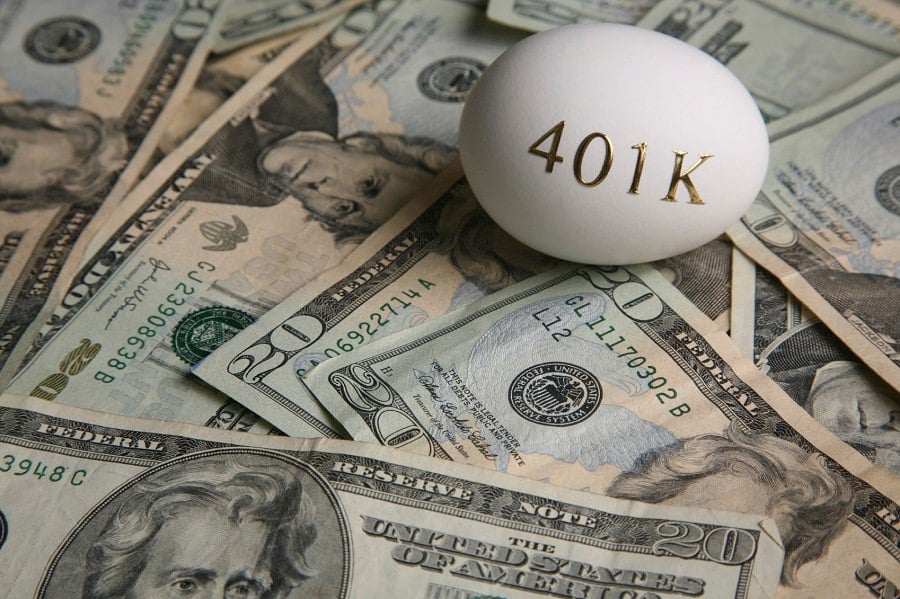

Total investment costs for 401(k) plans declined by an average of 0.03% in 2021, according to the latest 401k Averages Book, which publishes data on plans.
Fees at large retirement plans, those with 1,000 or more participants and $50 million or more in assets, declined from 0.90% to 0.88% over the past year and are down from 0.95% in 2017. Fees on small retirement plan (those with 100 or fewer participants and $5 million or less in assets), declined from 1.20% to 1.19% in 2021 and are down from 1.25% in 2017.
“This decline in investment-related fees paid by participants will help boost retirement savings over the years,” Joseph W. Valletta, the book's author, said in a statement.
The book finds that not only are small plans more expensive than large plans, but costs also vary more widely for small plans. A plan that has $1 million in assets and 1,000 participants could see costs ranging all the way from 0.72% to 2.69%, according to the 401(k) Averages Book.

The looming threat of federal funding cuts to state and local governments has lawmakers weighing a levy that was phased out in 1981.

The fintech firms' new tools and integrations address pain points in overseeing investment lineups, account monitoring, and more.

Canadian stocks are on a roll in 2025 as the country prepares to name a new Prime Minister.

Carson is expanding one of its relationships in Florida while Lido Advisors adds an $870 million practice in Silicon Valley.

The approval of the pay proposal, which handsomely compensates its CEO and president, bolsters claims that big payouts are a must in the war to retain leadership.
RIAs face rising regulatory pressure in 2025. Forward-looking firms are responding with embedded technology, not more paperwork.
As inheritances are set to reshape client portfolios and next-gen heirs demand digital-first experiences, firms are retooling their wealth tech stacks and succession models in real time.
